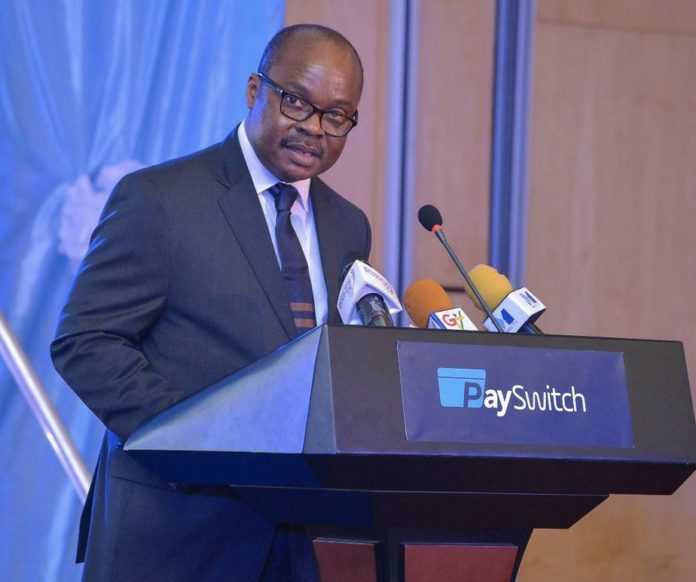
The Bank of Ghana has hinted that it will not be in the position to financially support the government in mitigating the impact of COVID -19 if the pandemic prolongs.
The Central Bank has already provided some 10 billion cedis to support the budget in compliance with provisions in the Bank of Ghana law. But Central Bank Governor Dr Ernest Addison said it is unsustainable for the regulator to offer more support.
Dr Addison made the comments during a live interview with Graphic Business.
“Now if you look at the case of the Bank of Ghana, we have had to finance the budget to the tune of 5 billion. Under the bank of Ghana law, we have an emergency clause section 30 of the Bank of Ghana law that allows the central bank in the case of an emergency to provide resources to the budget.
“The law says that the Minister of Finance, the governor of the central bank and the controller and accountants general must sit to decide on how much resources the government would need.”
Dr Addison added “we estimated possible support of 10 billion cedis, and we have already dispersed the first tranche of that resource. Obviously, this is an intervention that we cannot repeat because we have tried to minimize central bank financing of the budget in order to minimize its impact in terms of inflation and depreciation of the currency and all of that.”
“However, if the situation does not improve and it becomes protracted, the central bank will not be able to provide the additional resources that will be needed.”
Dr Addison indicated that the cedi has been depreciating because of capital flights.
He explained “if you look at what has happened worldwide, we have seen capital needs jurisdictions such as ours into the advanced economies. Now when that happens it has an impact on the availability of dollars in Ghana and then that can trigger a depreciation of the currency.”
“Now if you look at this year 2020, we started the year on a very strong note with very strong reserves and then also we went very early onto the capital market to issue a 3 billion dollar bond.”
He further explained that by January and February the cedi was appreciating.
“If you look at the data very carefully, the Ghana cedis appreciated for nearly 2 months of 2020. Until the global shock came in, in terms of this COVID pandemic and then we saw capital flowing out of countries like ours and therefore the cedi also started losing value. And then if you look at the year to date statistics, you would see that the cedi this year has depreciated by less than 2% because there had been quite a significant appreciation of the currency in the first two months of the year,” Dr Addison explained.
Source: Ghana/Starrfm.com.gh/103.5FM

